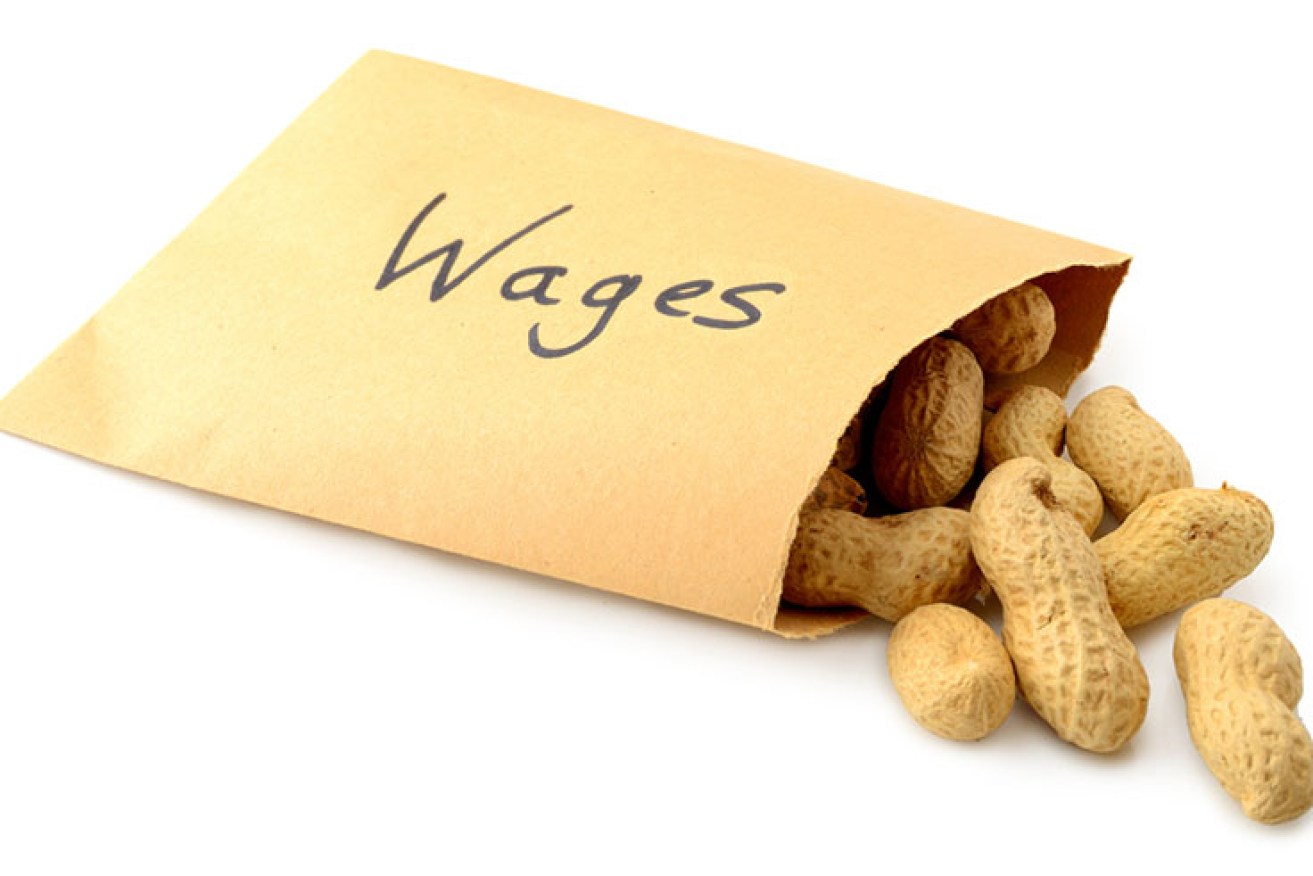New inquiry puts minimum wage in doubt

Shutterstock
Australia’s poorest workers may soon face big changes to pay rates and the way they get paid if a Productivity Commission inquiry decides that existing minimum standards are not in the community’s interest.
Penalty rates and the future of the minimum wage have been spotlighted as key issues in the Productivity Commission’s workplace relations inquiry.
• All workers must get super, government told
• Confidence drop: business expects ‘terrible’ year
The commission was asked by the Abbott government last year to assess the efficiency of Australia’s workplace relations system with a view to recommending a list of policy changes before the end of the 2015.
The issues papers were accidentally published online on Thursday.
The review was meant to be published on the commission’s website at midnight, but went live on the homepage on Thursday morning, and was eagerly set upon by at least two Labor MPs who tweeted a link to it and broke the embargo.
The Opposition’s workplace relations spokesman Brendan O’Connor tweeted a link to the document this afternoon and posed the question: “Is this the starting point for Tony Abbott’s revival of WorkChoices?”
Is this the blue print for Tony Abbott’s revival of Workchoices? http://t.co/Sctm7yBm2O #auspol
— Brendan O’Connor (@BOConnorMP) January 22, 2015
The minimum wage is currently set at only $16 an hour, but employer groups are arguing for its abolition.

The current industrial relations regime was brought in during the Rudd administration.
A wide-ranging review
Productivity Commission chairman Peter Harris promised that the inquiry’s evaluation of workplace relations would extend beyond its impact on the economy.
“We know that a workplace relations system goes beyond its important economic impacts, and will take account of the human and social elements of what is at stake,” he said.
“We are required by our legislation to account of benefits to the community as a whole, and not any particular interest group.”
Data published in one of the papers shows that the relative value of the minimum wage has fallen significantly in the last decade.
The minimum wage now represents only 42 per cent of the earnings of an average Australian worker.
The commission noted in one of its discussion papers that there was “little consensus” in the community about the effects of modest changes in minimum wages on employment of low-skilled workers.
The commission is seeking public responses to five discussion papers that explore the pros and cons of potential reforms.
Competition law scrutinised
Another policy area flagged by the Commission for investigation relates to whether competition law is adequately recognised by the workplace relations system.
The inquiry will assess whether existing competition laws need to be strengthened to make the ban on so-called “secondary boycotts” more enforceable.
Secondary boycotts occur when a group of workers takes industrial action that aimed at retarding the business operations of another employer.

Any workplace relations overhaul will need to avoid the excesses of John Howard’s unpopular WorkChoices.
The inquiry will also examine whether competition laws should be expanded to ban other types of activities of trade unions and employer associations.
The Productivity Commission has left open the possibility of recommending changes to the Abbott government’s workplace reforms agenda.
Inquiry will not look at superannuation
If implemented, the reforms will introduce a new system for union registration and financial reporting.
Importantly, the inquiry will not make recommendations on the governance of individual unions and occupational health and safety.
Superannuation will also not be examined even though the superannuation guarantee is presently managed through the industrial awards.








